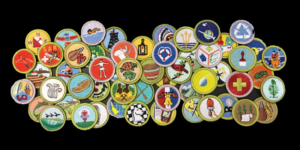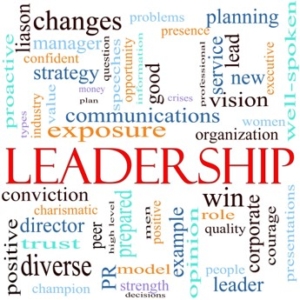What Will We Learn from this Crisis?
There is a Persian Proverb I am reminded of this week.
The man who knows not, but knows not that he knows not, is a fool. Shun him.
The man who knows not, and knows that he knows not, is a student. Teach him.
The man who knows, but knows not that he knows, is asleep. Awaken him.
The man who knows, and knows that he knows, is a teacher. Learn from him.
I wonder: am I a fool or a student? Am I asleep or am I a teacher? What are you?
When we return to a normal life again, as we will, I wonder what we will do differently from what we did before this crisis? Will we continue swimming with the current and go along to get along? Or will we pay attention to the world around us in a more profound manner?
Bill Gates was on TED in 2014 talking about exactly about this type of viral invasion and what it would do to the world. Did anyone listen and do anything? That is what I mean. But on a smaller scale in our world of capital equipment.
- Will our dealer management systems continue to copy manual systems or will they finally reach their potential to radically transform how business is conducted? Or will a screen continue to be an electronic form?
- Will our processes and procedures be what we have always done in the past? Or will we challenge ourselves to think about things differently?
- Will we finally learn how to find every part every customer wants the same day that they want it? Or will we pay lip service to that concept saying “oh well, why try it when it can’t be done?”
- Will we develop an accurate population of working machines so that we can help our customers with their owning and operating costs? Or will we say that it is too much work?
- Will we monitor the operations of every working machine with the goal of identifying erratic activity before it becomes costly? Or will we think that is interfering with our customers too much?
Those are five very simple illustrations of questions I ask myself. What will we have learned in our forced time at home with our families? Of course, it will be a relief to get back to normal, whatever that means. But please don’t waste that time. Think about the anxiety you were feeling. Think about the unknown that existed. How long will those feelings linger? What will we do? Will our children’s loss of these three or four months of schooling hurt them for the rest of their lives? You know it will.
So how will we conduct ourselves at work when we return? Will it be the same as before or will we try to make it better? The choice is yours.
The Time is Now.




